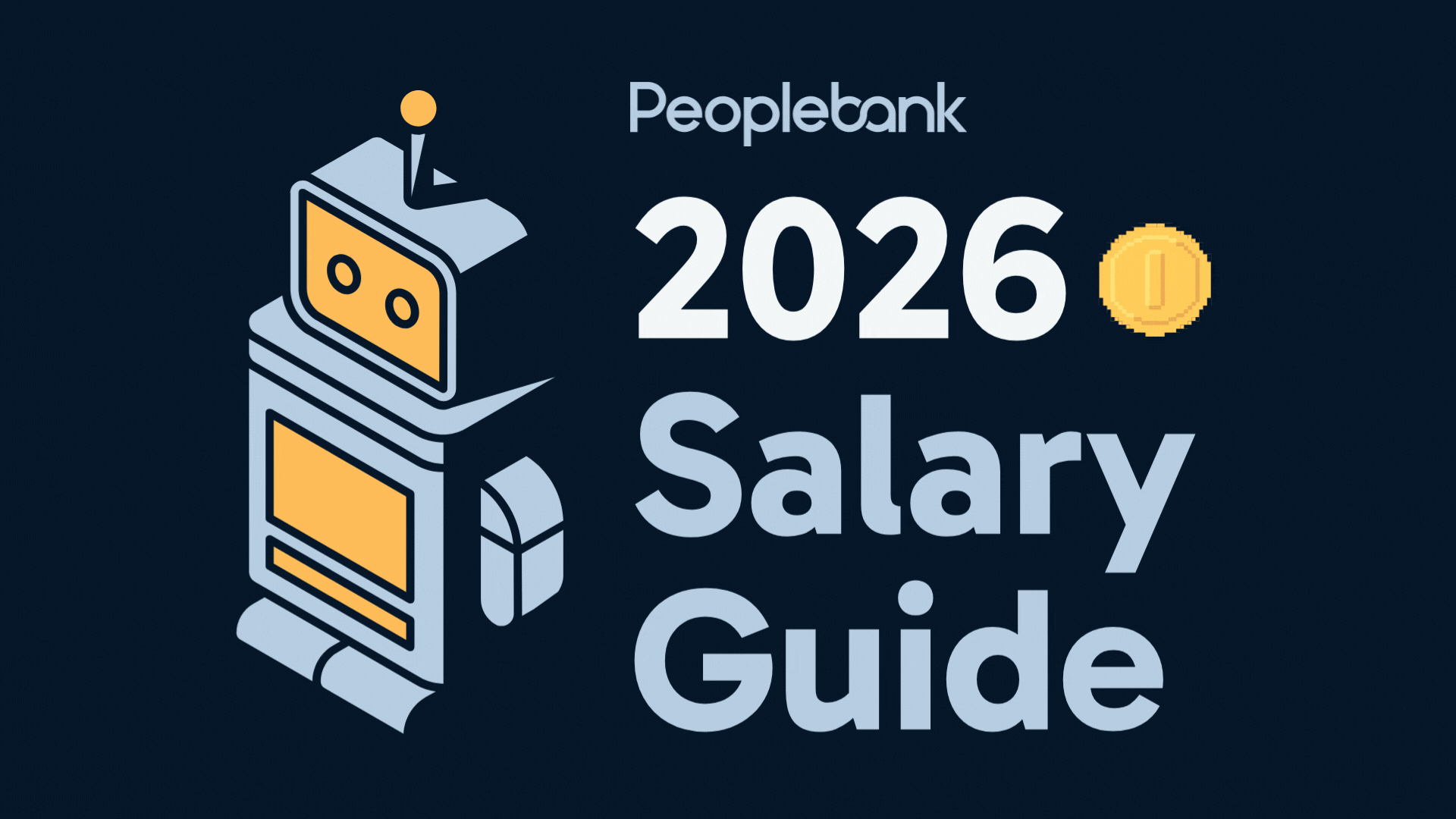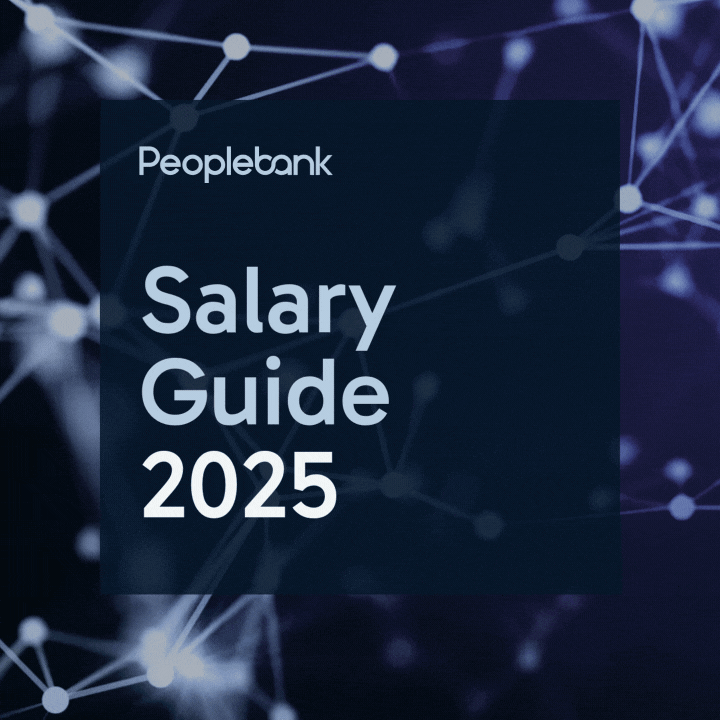How mindfulness can be an asset in your company
We hear a lot about mindfulness and it’s benefit for individuals who practice often. And there are stories about companies who introduce mindfulness into their business whether as a one-off seminar or as an integrated programme. But how does it improve a company and its employees and in what situations does it work, or not work?
The process of mindfulness is meditation. But it is the simplest form of meditation that can be practised in under two minutes (though it’s best practised for slightly longer). It focuses on bringing a person complete self-awareness and presence for the given moment. The reason mindfulness is so simple is that it doesn’t have to be practised in the way other meditation often is. It doesn’t have to be silent or with music or guidance, though you can do it this way too. Realistically, you can be anywhere as long as you can feel still, concentrate and be in the moment.

So how can this improve a company?
Mindfulness offers an abundance of benefits for an individual. It’s a natural stress reliever and happiness booster due to the focus on the present moment. It draws attention away from concerns of the future and mistakes of the past and helps the individual experience and perceive their life from the moment that counts: now.
It
elevates a person’s level of emotional intelligence. By being self-aware we also become generally more aware of our behaviour towards others. Being in the moment and not holding on to previous preconceptions or future expectations helps us to react to people in a better, more valuable manner. In situations that would usually upset or anger us, we might think twice about the other persons' perception before immediately responding in a state of adrenaline or defence.

Mindfulness also helps to increase focus and productivity. A study out of Harvard found that people who mediate perform better when it comes to self-regulation. They are able to resist distractions and generally answer questions correct more often than not – insinuating they also hold information better. Another study from the University of Washington found that meditators were able to stay on tasks for a longer period of time and made fewer switches between tasks. They also expressed less negative emotion after performing tasks than other groups who had not participated in meditation. Basically, mindfulness assists us to take control of our own attention.
Have a look at all these effects together, along with others such as increased moods, increased creativity, better mental health, improved complex thinking and a stronger sense of self. Now think about all the people in your business and how enhancements in emotional intelligence, in happiness, with less stress and more focus, can help them. If employees are happier, they will perform better. If your employees perform better, so will the company.
However, there are a few things to remember when trying to introduce mindfulness. It’s not a one-off trick to show your employees you care. It’s also not a quick fix. Just like exercise, it’s a task that should be done every day for as little as 15 minutes consistently. Only then can it make a true difference in behaviour and moods.

It works if…
- Consistent practice is being encouraged and implemented
- Employees are excited to be involved
- People practice long enough to see the impact
- There is a positive attitude around self-improvement and ‘taking time’
-
But not if…
- It’s just one-off seminar – this introduces an idea, but it may not make an impact
- Your employees are resistant to change or self-awareness
- You introduce it but don’t enforce it – people will realise a few things in their first few practices and by not continuing to meditate or be mindful, employees can be left with a bitter taste of those realisations, making them unhappy at work.






















